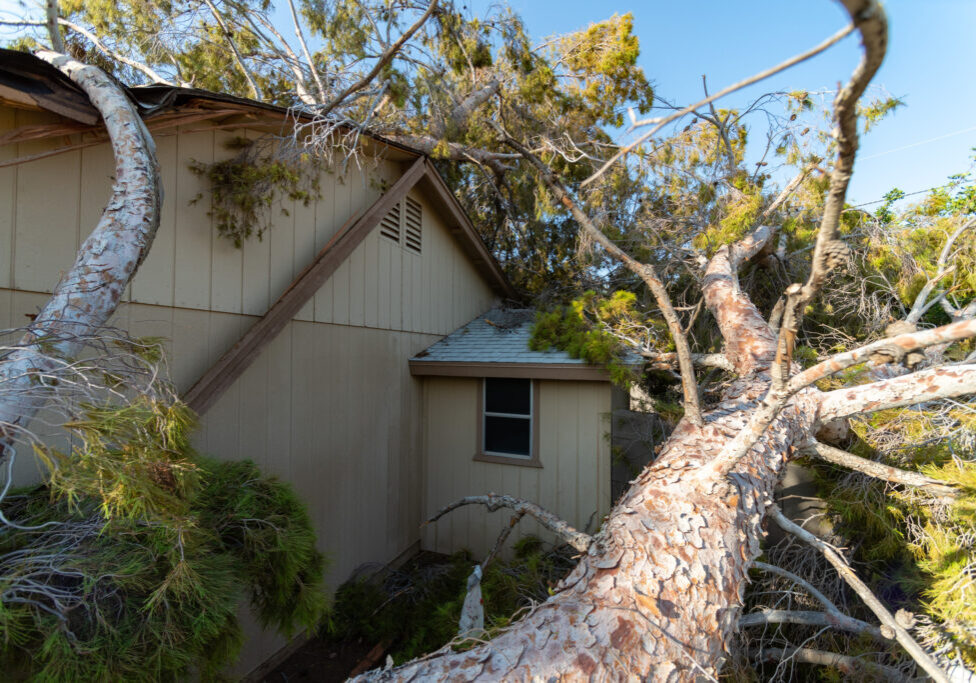When a dozen Louisiana property insurers went belly-up after a string of costly hurricanes in 2020 and 2021, the cost of paying claims fell to taxpayers. But the vast majority of the bankrupt insurers had funneled a collective $650 million to less-regulated affiliated entities – a way of pocketing profits for investors at the expense of taxpayers and homeowners seeking claims payments. The Advocate | The Times Picayune’s Sam Karlin explains how a bill working its way through the Legislature aims to apply more scrutiny to these affiliates:
[Rep. Edmond] Jordan’s bill, which advanced out of the House Insurance Committee Thursday without objection, would require affiliates, called managing general agents, to file more detailed information about their activities to the Department of Insurance, and allow the agency to more closely examine them. “We want to make sure the commissioner has the authority to examine not only the insurer but the affiliates so there’s no shifting of funds and that LIGA and the taxpayers are not on the hook in times of claims,” Jordan said. LIGA is the Louisiana Insurance Guaranty Association, a state-supported backstop that takes over claims from failed insurers.
Jordan’s legislation awaits action by the full House.
Red, blue versions of education
Red states and blue states are taking dramatically different approaches to teaching about race and gender in public schools. Blue states are requiring more education on the subjects, while many red states are seeking to restrict or forbid such lessons altogether. The Washington Post’s Hannah Natanson, Lauren Tierney and Clara Ence Morse explain the unprecedented effort to reshape America’s education system:
The explosion of laws regulating school curriculums is unprecedented in U.S. history for its volume and scope, said Jonathan Zimmerman, a University of Pennsylvania professor who studies education history and policy. Controversy and debate over classroom lessons is nothing new, Zimmermann said, but states have never before stepped in so aggressively to set rules for local schools. School districts have traditionally had wide latitude to shape their lessons. … In practice, these divisions mean that what a child learns about, say, the role slavery played in the nation’s founding — or the possibility of a person identifying as nonbinary — may come to depend on whether they live in a red or blue state.
End of internet subsidies threatens telehealth access
About 23 million low-income households are at risk of losing internet access because Congress did not include funding for the Affordable Connectivity Program in recent spending bills. This loss threatens access to vital telehealth services, which were utilized heavily during the pandemic. A December survey found 72% of ACP recipients used their subsidies to “schedule or attend health care appointments.” KFF’s Sarah Jane Tribble explains how this this loss will affect health outcomes:
“This is an issue that has real impacts on health outcomes,” said Alister Martin, an emergency medicine physician at Massachusetts General Hospital. Martin realized at the height of the pandemic that patients with means were using telehealth to access covid care. But those seeking in-person care during his ER shifts tended to be lower-income, and often people of color. … “We believe that telehealth is the great democratization to access to care,” [University of Arkansas for Medical Sciences, Joseph] Sanford said. New enrollment in the discount program halted nationwide last month.
Pathways to college and good jobs
States can play a vital role in ensuring students have pathways to college degrees that lead to high earnings and not just costly debt. Mark Suzman, chief executive officer of the Bill and Melinda Gates Foundation, writing in a guest column for Governing, explains three ways states can help unlock affordable college and good-paying jobs.
This model, called dual enrollment (or dual credit), saves students time and money, gives them a jump-start on college coursework and instills the confidence that they are college material …. To keep up that momentum, Texas lawmakers adopted legislation that rewards high schools when students meet college, career or military-readiness requirements; increased financial aid for dual enrollment students and incentivized connecting students from low-income backgrounds with this opportunity; and provided additional state aid to community colleges to help students access and complete programs that lead to in-demand jobs.
A recent report explained how efforts in Louisiana have increased the number of students enrolled in dual enrollment courses, but more expansion is needed.
Number of the day
$8.8 billion – Amount of funding Louisiana has received for investments in public infrastructure and clean energy from the Bipartisan Infrastructure Law and Inflation Reduction Act. (Source: The White House)
